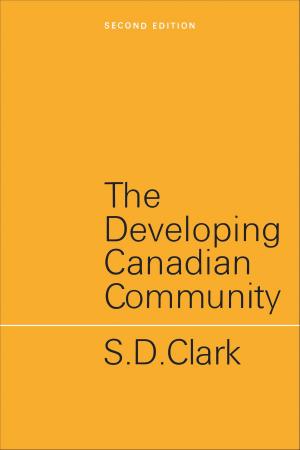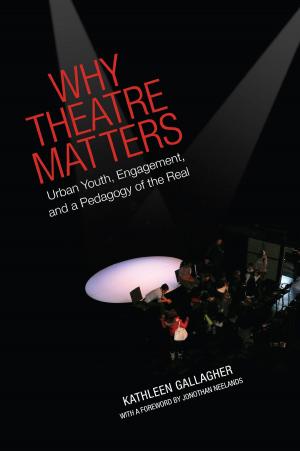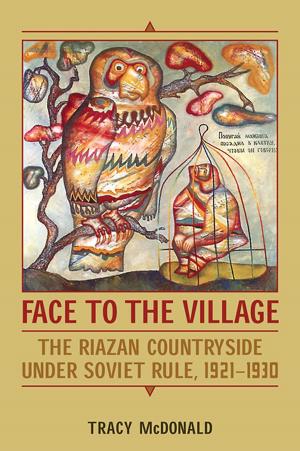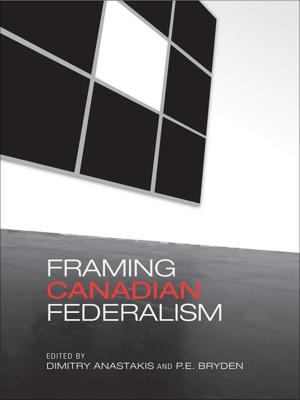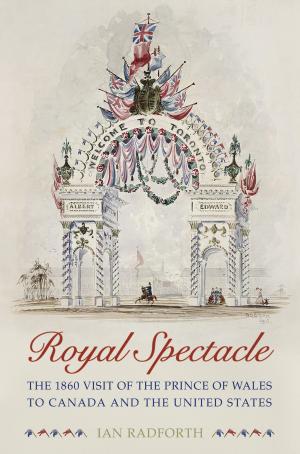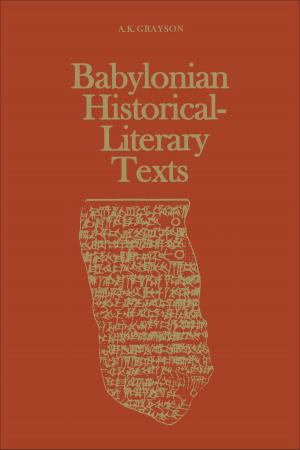Landscapes in Between
Environmental Change in Modern Italian Literature and Film
Nonfiction, History, Italy, Entertainment, Film, History & Criticism, Science & Nature, Nature, Environment, Environmental Conservation & Protection| Author: | Monica Seger | ISBN: | 9781442619654 |
| Publisher: | University of Toronto Press, Scholarly Publishing Division | Publication: | January 15, 2015 |
| Imprint: | Language: | English |
| Author: | Monica Seger |
| ISBN: | 9781442619654 |
| Publisher: | University of Toronto Press, Scholarly Publishing Division |
| Publication: | January 15, 2015 |
| Imprint: | |
| Language: | English |
Since its economic boom in the late 1950s, Italy has grappled with the environmental legacy of rapid industrial growth and haphazard urban planning. One notable effect is a preponderance of interstitial landscapes such as abandoned fields, polluted riverbanks, and makeshift urban gardens. Landscapes in Between analyses authors and filmmakers – Italo Calvino, Pier Paolo Pasolini, Gianni Celati, Simona Vinci, and the duo Daniele Ciprì and Franco Maresco – who turn to these spaces as productive models for coming to terms with the modified natural environment.
Considering the ways in which sixty years’ worth of Italian literary and cinematic representations engage in the ongoing dialogue between nature and culture, Monica Seger contributes to the transnational expansion of environmental humanities. Her book also introduces an ecocritical framework to Italian studies in English. Rejecting a stark dichotomy between human construction and unspoilt nature, Landscapes in Between will be of interest to all those studying the fraught relationship between humanity and environment.
Since its economic boom in the late 1950s, Italy has grappled with the environmental legacy of rapid industrial growth and haphazard urban planning. One notable effect is a preponderance of interstitial landscapes such as abandoned fields, polluted riverbanks, and makeshift urban gardens. Landscapes in Between analyses authors and filmmakers – Italo Calvino, Pier Paolo Pasolini, Gianni Celati, Simona Vinci, and the duo Daniele Ciprì and Franco Maresco – who turn to these spaces as productive models for coming to terms with the modified natural environment.
Considering the ways in which sixty years’ worth of Italian literary and cinematic representations engage in the ongoing dialogue between nature and culture, Monica Seger contributes to the transnational expansion of environmental humanities. Her book also introduces an ecocritical framework to Italian studies in English. Rejecting a stark dichotomy between human construction and unspoilt nature, Landscapes in Between will be of interest to all those studying the fraught relationship between humanity and environment.


